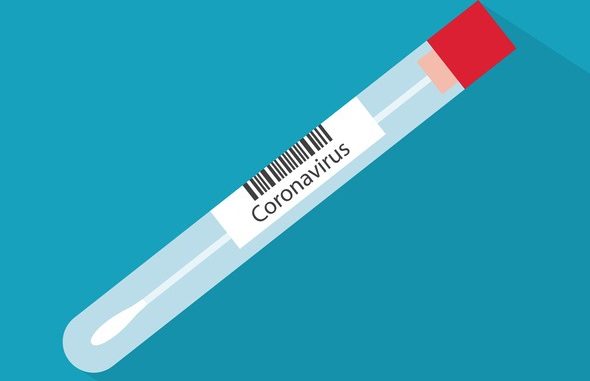
The government’s testing strategy for COVID-19 needs to shift away from “arbitrary numbers and targets”, and focus on wider access for health professionals and the public, if the UK is to ease lockdown and avoid a second wave of infection, the Royal College of GPs has warned
In a letter to secretary of state for health and social care, Matt Hancock, RCGP chair Professor Martin Marshall says that while testing capacity has now increased significantly, GPs are concerned that current arrangements – with tests being transported long distances to pathology labs, lengthy waiting times for results, and questions around accuracy of results – are “undermining the confidence” of the medical profession and patients “in the process and the results themselves”.
He is calling on the health secretary for a joined-up strategy across the NHS, including social care and community care, with a focus on making sure that “the right people are tested at the right time” to protect vulnerable patients, key workers and the wider population.
The College’s ‘asks’ include:
- pathology labs to update GP records with test results to help trace positive COVID-19 cases;
- testing kits to be readily available for patients with symptoms;
- GPs to be provided with clear guidance on how to assist patients with access to tests.
Recognising the importance of test track and trace in ensuring the R value remains below 1, the college is also asking for reassurance that other measures to prevent the spread of COVID-19 will be implemented alongside roll out of the new NHS COVID-19 app, and that these are underpinned by a comprehensive testing plan.
Professor Marshall writes: “Any testing strategy should support the existing national effort to contain the virus, support key workers and prevent a second wave of infection, to keep the entire UK population safe and healthy. It therefore must continue to ensure that the right people are tested at the right time to protect key workers and vulnerable patients. It should help us understand the virus and its spread better through test, track and trace. It should deliver timely results that patients and healthcare professionals can have confidence in.
“It is crucial that healthcare professionals have adequate guidance and transparent communication from government about testing so that they can interpret and act upon results… [and that] any testing strategy must commit to building confidence in the process, including a commitment to improving the sensitivity and specificity of the tests.”
Professor Marshall’s letter also addresses “the crisis of the infection rate in care homes”, calling out an “absence of a clear testing strategy and delays in social care planning” that has left patients in care homes “vulnerable” during the pandemic.
He writes: “GPs and their teams are doing their best to continue to give care, but it is essential that any forthcoming approach enables them to have access to testing to protect their patients. I am sure you will agree that now is the time to move beyond an arbitrary focus on numbers and targets and ensure that our loved ones in vulnerable settings are given particular protection.”
Acknowledging the significant efforts to increase testing capacity, Professor Marshall concludes his letter: “Whilst there have been clear strides to improve testing capacity, and whilst we recognise the work of government and a range of stakeholders, we do not believe that there is sufficient clarity on a joined-up comprehensive testing strategy to prevent a second wave of infections and to secure the overall health of the population.
“As we ease lockdown over the coming weeks and months it is essential that the profession and patients have full confidence in the approach to test, track and trace.”
Don’t forget to follow us on Twitter, or connect with us on LinkedIn!

Be the first to comment